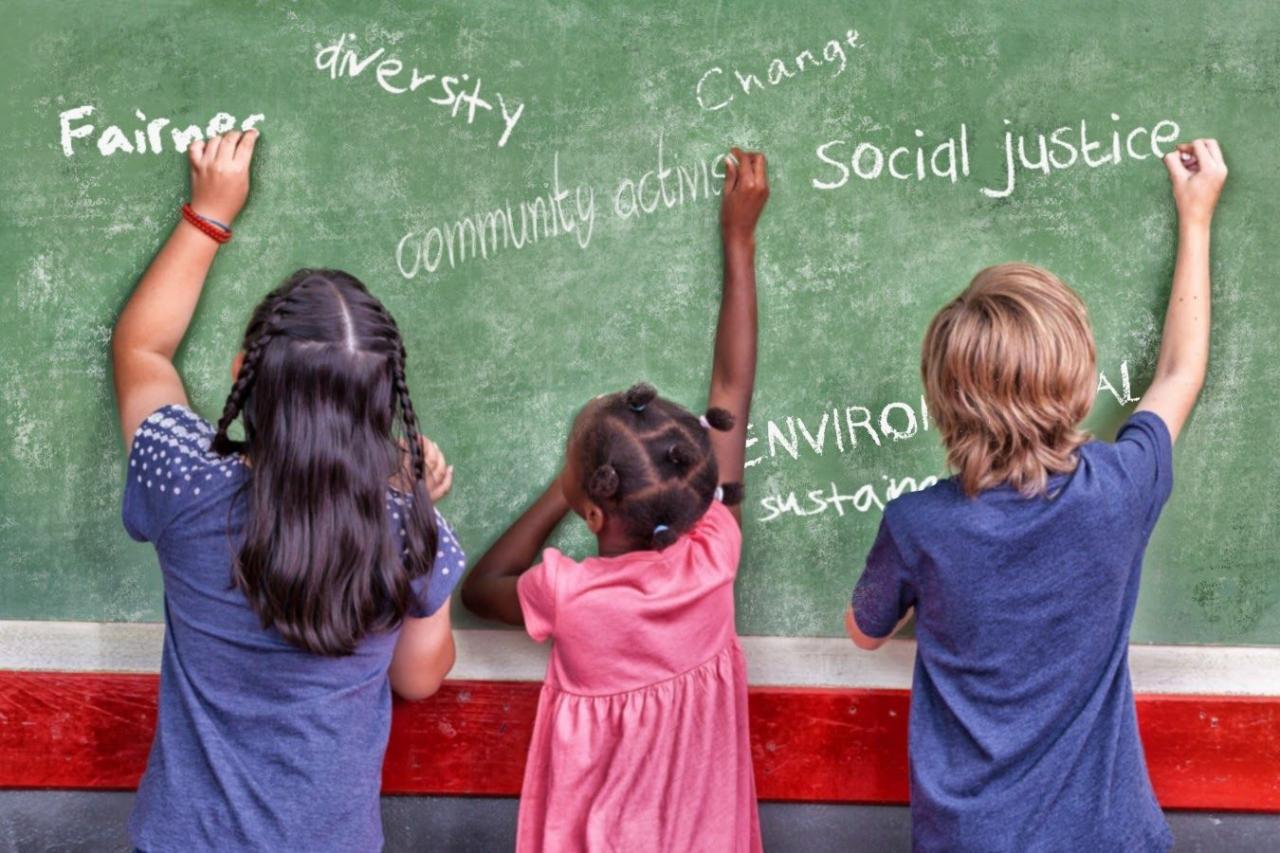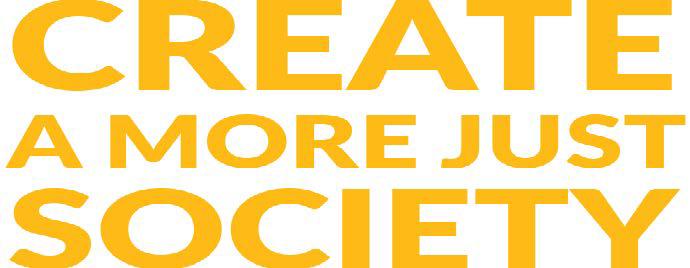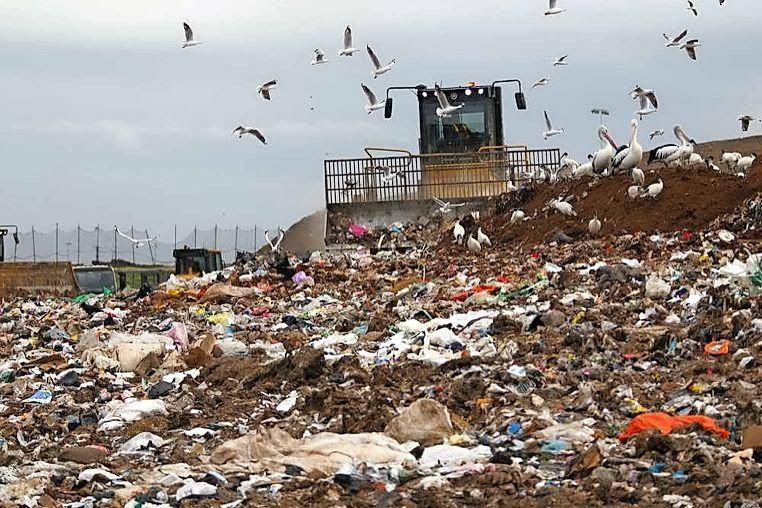Social, Economic, and Environmental Justice
Social Justice
Social justice is defined as "... promoting a just society by challenging injustice and valuing diversity.” It exists when "all people share a common humanity and therefore have a right to equitable treatment, support for their human rights, and a fair allocation of community resources." In conditions of social justice, people are "not to be discriminated against, nor their welfare and well-being constrained or prejudiced on the basis of gender, sexuality, religion, political affiliations, age, race, belief, disability, location, social class, socioeconomic circumstances, or other characteristic of background or group membership" (Toowoomba Catholic Education, 2006).
Why Social Justice Matters

Economic Justice
Economic justice is the idea that the economy will be more successful if it is fairer: that prosperity and justice go hand-in-hand rather than in opposition to one another. ... This is important in generating prosperity; but at the same time, it is also about creating good jobs that make the best of people's talents.
Six policies to reduce economic inequality

Environmental Justice
Environmental justice (EJ) is the fair treatment and meaningful involvement of all people regardless of race, color, national origin, or income with respect to the development, implementation and enforcement of environmental laws, regulations and policies.
United States Environmental Protection Agency
Environmental Justice
Learn about Environmental Justice


